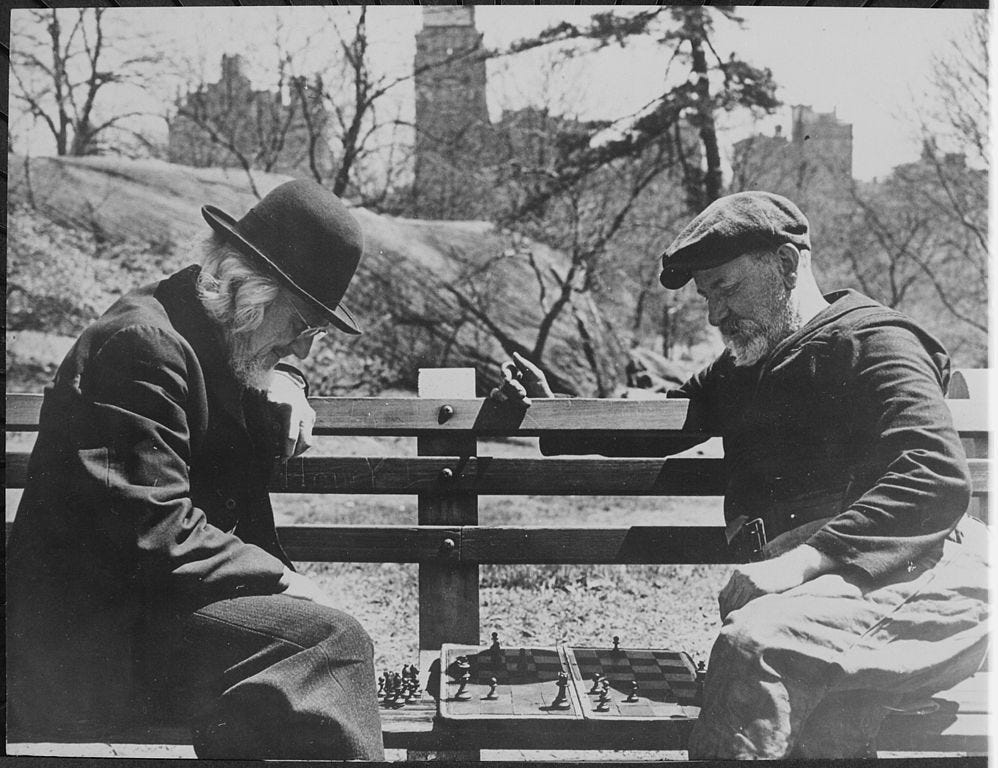Just the Facts
Sometimes when we look at things, all we see is our own minds. This exercise helps me break out of that. It's something I do when I want to see a place clearly -- whether that place is my own yard, a park bench, or a cafe in Paris.

It is very simple: sit some place and write down what you notice. Write down precise details, small things and large. But here's the catch: only write down things that are facts, not opinions.
This is where it gets interesting, and difficult, and helps you see the world afresh. For instance, say a man walks by frowning and dragging his feet. He has dark skin and white hair and uses a cane. Say your first instinct is to write down this: There goes a sad, tired old black man. Pause for a second -- is that description fact or opinion? Is his frown sadness or frustration? You don't know. Is he tired or is something wrong with his feet or is he practicing a funny walk? You don't know. Is he old? What does the word old mean, anyway? Old as a grandpa? Old as a mountain? Old as yesterday's newspaper? And just because his skin is dark, does that make him necessarily black? Is that something you can know without talking to him? And while we're at it, are you sure he's a man? Shoot, there goes that sentence!
But really -- this is where it gets interesting. This is where we look closely. Instead of jumping to sadness, we have to stick with describing his frown and the slump of his shoulders and the pathos in his eyes. We actually look at how he is walking and try to describe the shuffle and lean of his steps in a way that the word tired will never actually portray.
I've done this exercise with my students in the forest, and they've returned with beautifully observant descriptions. I've done it myself in Paris, where my snap judgement there go lots of beautiful Parisian women in skinny jeans was challenged, and at Monet's garden, where I wrote down the water dappled like hammered metal, the lilies a stark pink. For a while, before the rain, a car alarm, and I can still remember with precision the image I wrote down years ago on a beach in Spain of a small boy in a red Speedo doing push-ups while a man (I could not swear it was his father) cheered him on.
I'd encourage you to try this yourselves and with your families, whether in a familiar place or a new one. When we learn to use language precisely, we encourage precise thoughts and clear vision. I would guess that this exercise could spark interesting dialogues about our assumptions and about the simple, delightful details of the world.



